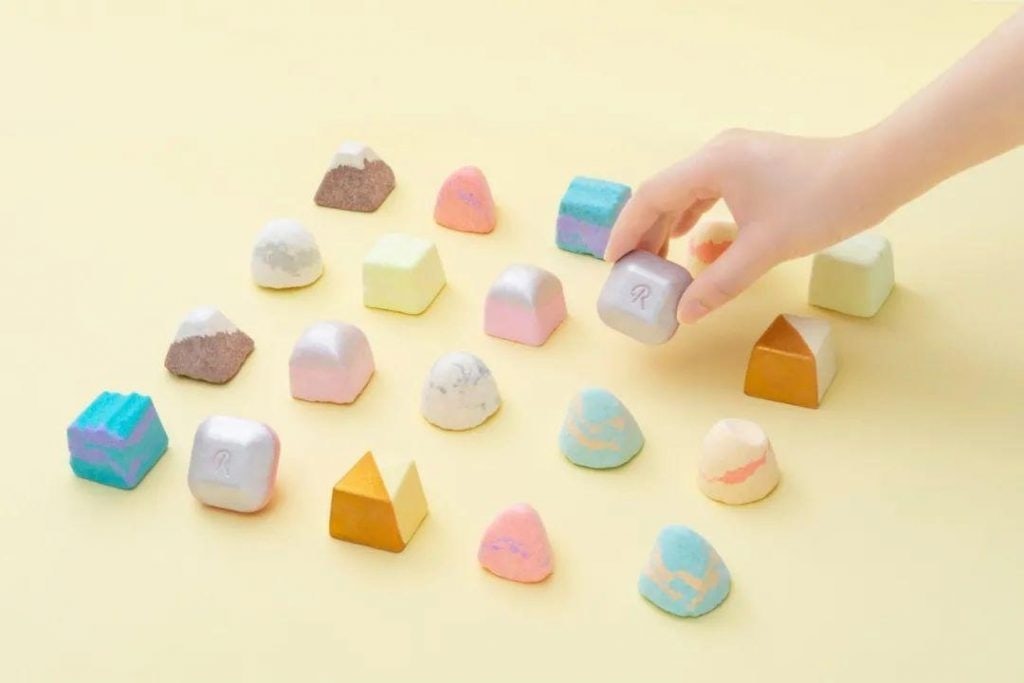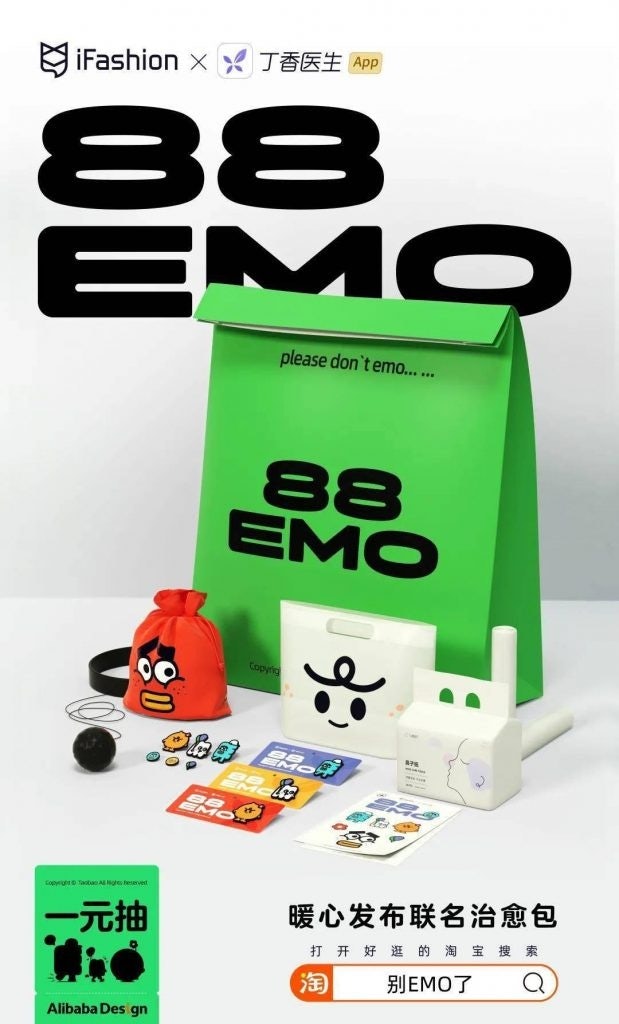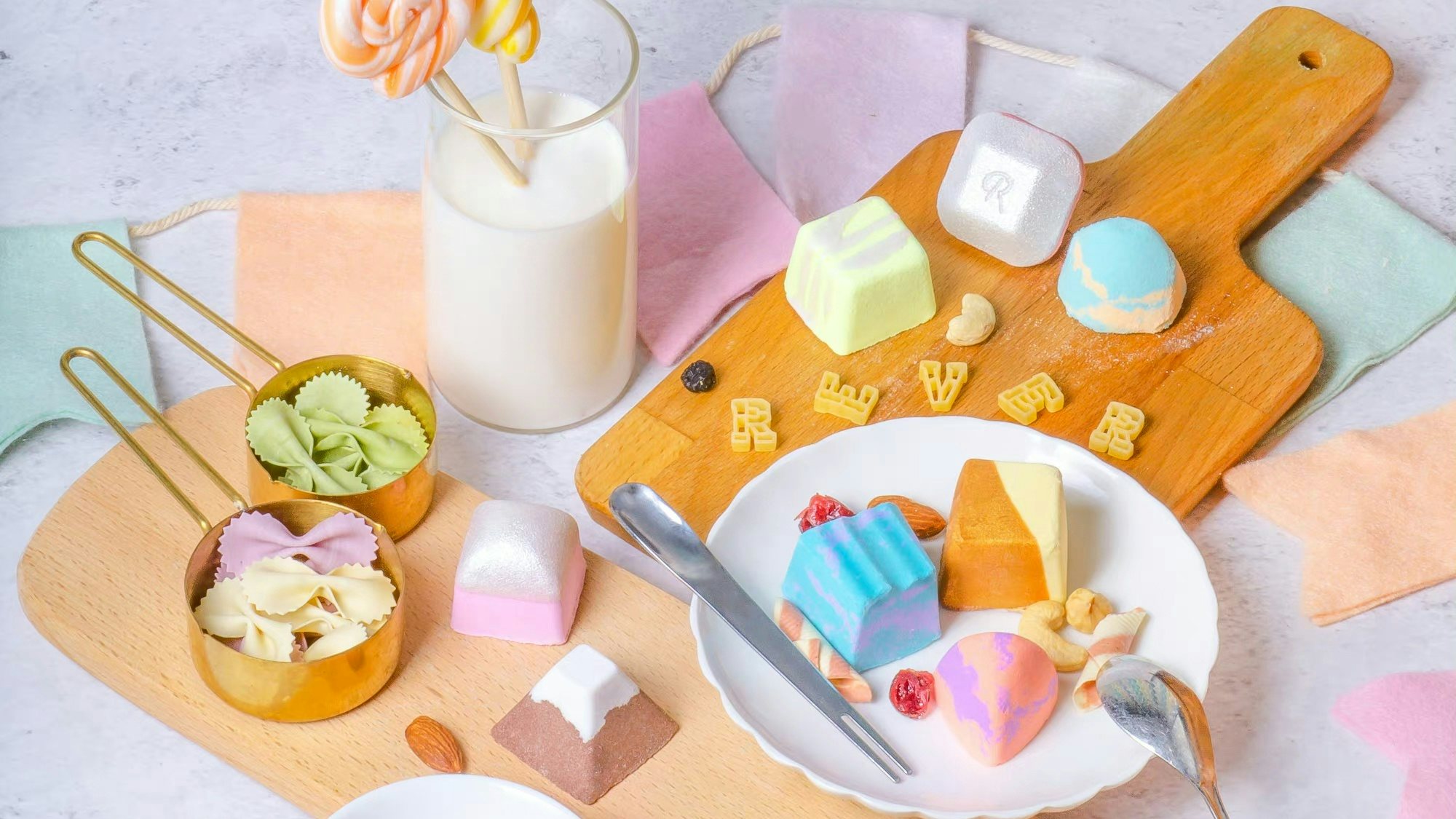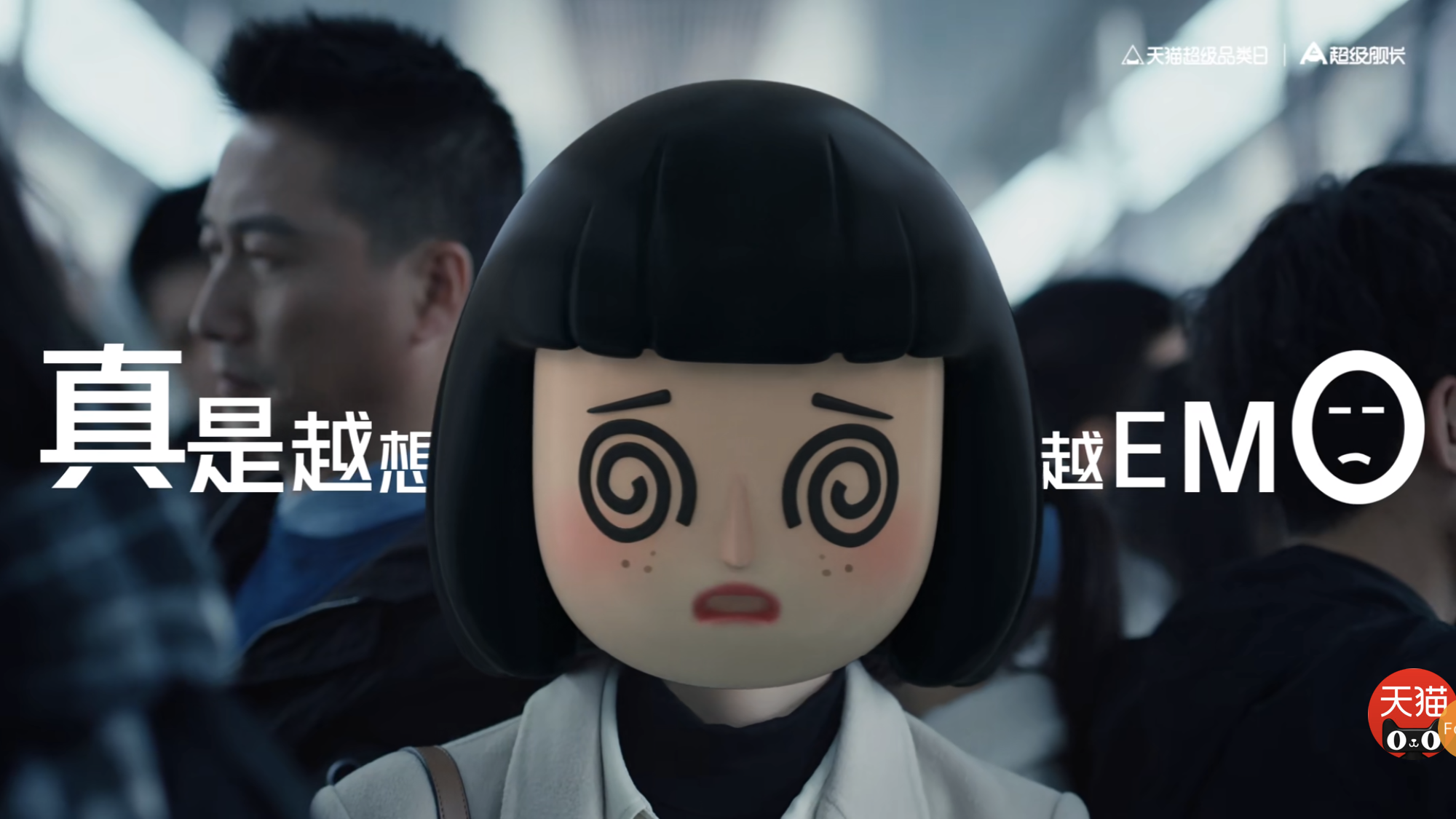“Taking off my makeup with this essential oil-infused cleanser is the most relaxing moment of my day,” said @Fakesheep, a Shanghai-based beauty blogger with over 300,000 followers on Xiaohongshu. While massaging the product into her skin during a vlog, the blogger and photographer who conceals her real name wasn’t simply doing a beauty routine video. As she lit a scented candle in her bathroom, the Chongqing based KOL was expressing a generational sentiment.
“My neighborhood is 56 days into the lockdown, and it has not been easy for everyone. If you easily get ‘emo’ like me, you must take self-care routines more seriously. Make it a ritual,” @Fakesheep adviced. Like a growing number of lifestyle influencers on social media, many bloggers have started to combine beauty content with emotional therapy. Soothing, ASMR-enhanced self-care videos speak to Chinese Gen Zers’ current obsession with “anti-emo,” a term referring to everything that takes their minds off negative thoughts.
In January, Jing Daily covered “emo”— an acronym for the “emotional hardcore” genre from the 80s’ music scene that become China’s internet buzzword to describe a state of emotional negativity. Since then, the term has gone from online jargon into a mainstream marketing tool.
In top-tier cities, pop-ups from disparate companies from tissue paper to restaurant chains have transformed into “anti-emo therapy rooms” that offer to heal customers. Slogans like “your emo cure” or “your perfect emo moment companion” have also become ubiquitous on ad billboards as brands try to ride the emotional self-care wave to reach a younger audience.
Prolonged lockdowns in China have reprioritized health and wellness for local consumers. About 74 percent of China’s population said they experienced symptoms of depression last year, with the 18 to 25-year-old group showing the highest anxiety level in a national survey. According to McKinsey, 66.6 percent of Chinese consumers surveyed prioritize their health more than they did two to three years ago.
As the countermovement, “Anti-emo” stands for emotional healing. According to a report by Chinese Gen Z’s favorite video platform Bilibili, the search index for “anti-emo” videos increased 8.4 times last year, with beauty and skincare accounts generating the most clicks. While the stress-stricken youth increasingly indulge in self-care videos for relaxation, “anti-emo” has also become a fixture in beauty content and marketing.
A new cohort of companies targeting young consumers’ emotional wellness have hit the scene. Triptych of Lune, a hair care brand founded in 2019, wants to soothe consumers with scalp conditioning products and multi-step hair treatments. Bodycare label Rocking Zoo is one of Tmall’s top 10 personal care sellers and experiments with pop-culture-inspired scents and aromatherapy to make bath time a multisensory experience.
Rever, a Chinese bath and body brand founded in 2021, is one of the hottest personal care names online. Specializing in mood-enhancing bath bombs and creams, the brand aims to help professionals unwind through evening shower rituals. “Our brand provides the ‘Happy Me 20 minutes’ for young professionals to take their 20 minutes shower time each day, unload their stress and tiredness, and wake up the next day feeling better,” Yuanyuan Sun, a spokesperson of Rever, told Jing Daily.

Collaborating with therapists and health professionals is another way brands are engaging with “anti-emo” generations. In October 2021, Proya, a premium cosmetics brand, partnered with Peking University and the psychotherapy platform One Psychology to spread awareness about mental health. The C-beauty label unveiled a mini-documentary and an emotional healing resource guide that encourages viewers to destigmatize mental health issues. IFashion, the fashion business within Alibaba’s C2C marketplace Taobao, collaborated with the professional therapist platform Dingxiang Doctor on an “anti emo” capsule collection featuring stress-reducing gadgets.

As intermittent COVID-19 lockdowns and a stagnant economy continue to have a severe impact on consumer wellbeing, more and more local names are setting out to ease anxieties with the help of soothing ingredients and wellness tools. For those targeting China’s Gen Z, recognizing the detrimental effect that the pandemic has had on young people’s mental health is crucial, and delivering new “anti emo” solutions for psychophysical wellbeing will be the industry’s next frontier.

